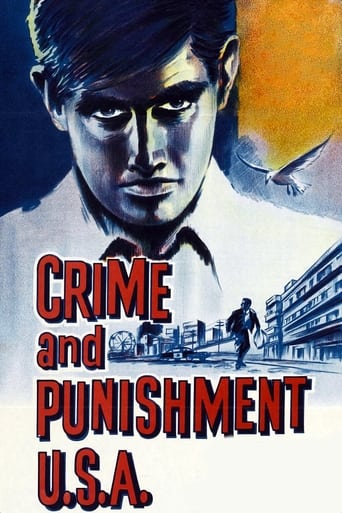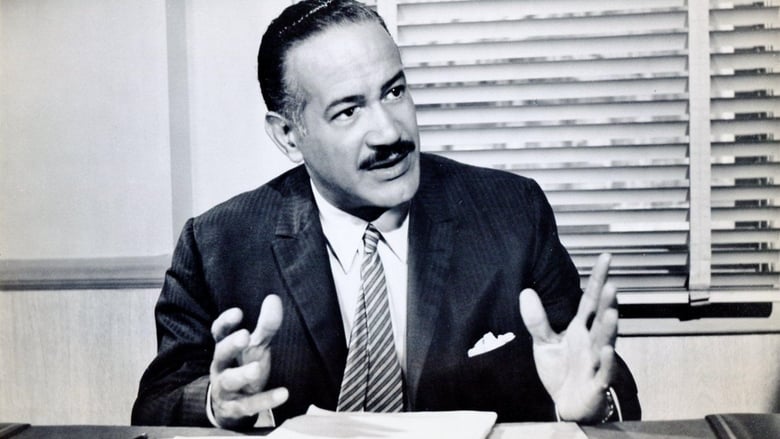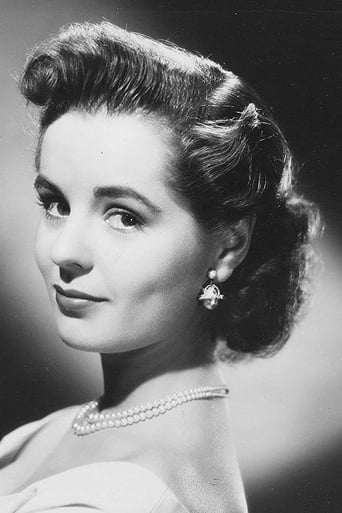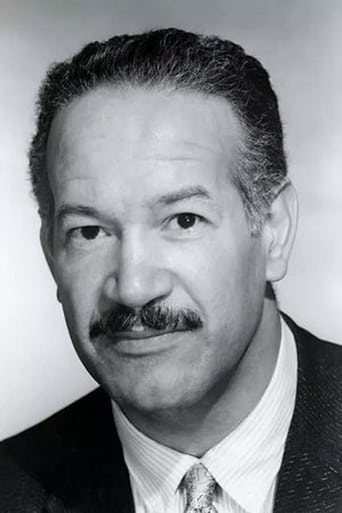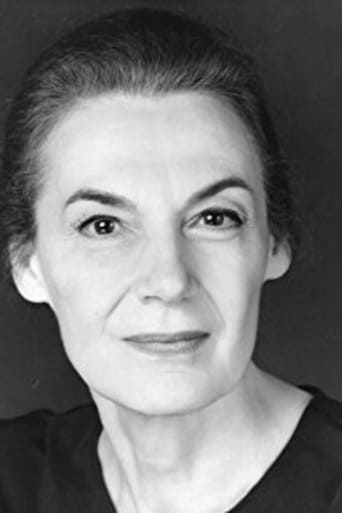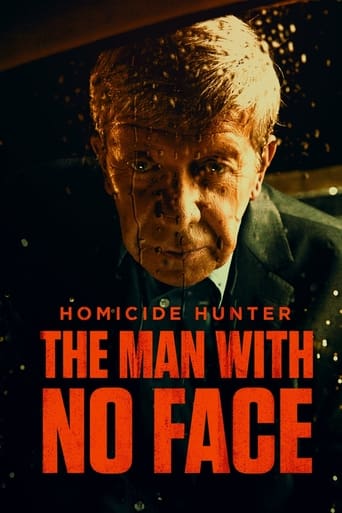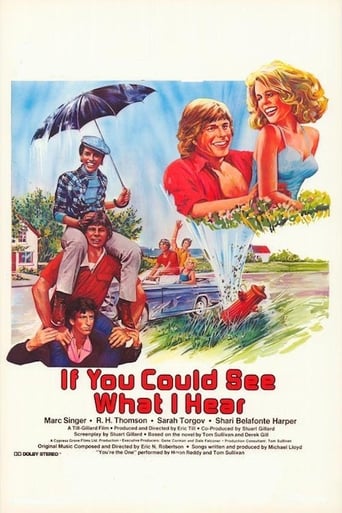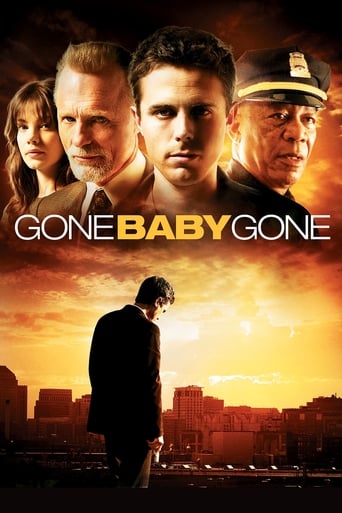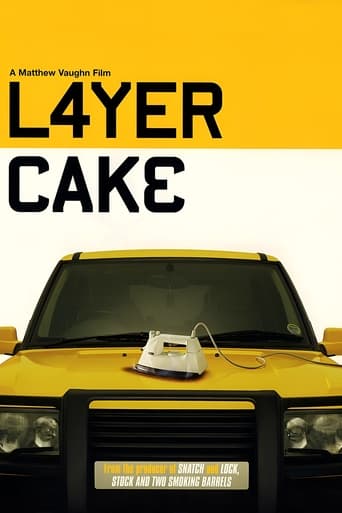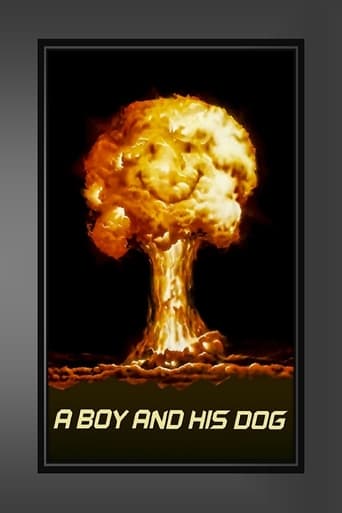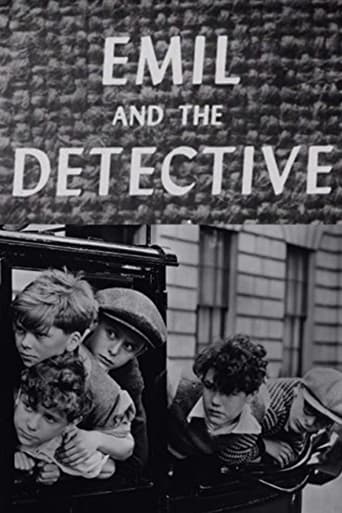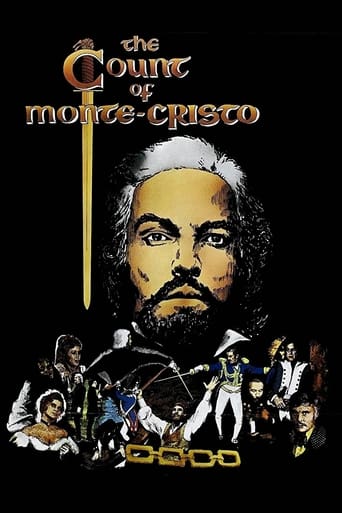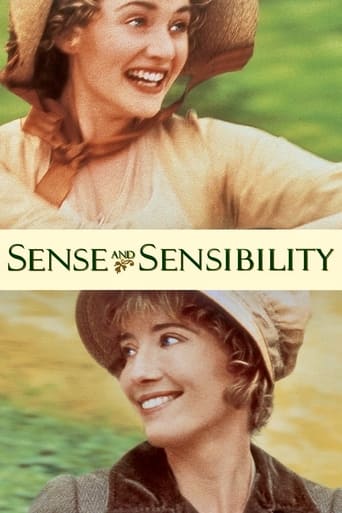Crime and Punishment USA (1959)
Believing he can elude justice, a California law student murders an elderly pawnbroker, then matches wits with the detective on the case.
Watch Trailer
Free Trial Channels
Cast


Similar titles
Reviews
The biggest problem with this movie is it’s a little better than you think it might be, which somehow makes it worse. As in, it takes itself a bit too seriously, which makes most of the movie feel kind of dull.
It really made me laugh, but for some moments I was tearing up because I could relate so much.
One of the worst ways to make a cult movie is to set out to make a cult movie.
Strong acting helps the film overcome an uncertain premise and create characters that hold our attention absolutely.
****SPOILERS*** Updated version of Russian Fyodor Dostoyevsky's crime classic has "Hansome George" Hamilton in his film debut as the creepy and psychopathic law school drop out Robert Cole who's guilty conscience gets finally the better of him. That after he thought he committed the perfect crime the robbery and murder of pawn store owner Lizzy Griggs, Eve McVeagh, to get himself enough cash to pay for his collage education. While on the beach burying the incriminating evidence, a blood stain crowbar, Robert does a good deed for once in his life rescuing Mr. Morman who collapsed from a severe case of the booze induced DT's. It's later that Robert got to meet Mr. Morman's daughter Sally, Mary Murphy, whom he in his own crazy and sick way fell in love with.Despite how perfect his crime was it was the on the ball Let. Porter, Frank Silvera, who saw right through Robert knowing indistinctly what a psycho he really was. But with the late Mrs. Griggs' house painter Hendricks, Ken Darko, confessing to her murder there's nothing that he could do about it. It's a smug and confident in his immunity to the law, because as he says he's a member of elite class, Robert who himself confesses to Mr. Griggs murder to Sally , with an evil smirk on his puss or face that's creepy enough to make one's blood run cold, she's still in love with him and feels that she can somehow straighten him out before he kills again!It's when Robert meets his bible thumping older sister Debbie's, Marian Seldes, rejected lover Fred Swanson, John Harding, gets into the picture that Robert, in hating the very sight of him, blows his cool. At first wanting to ring Swanson's neck Robert soon realizes that he and Swanson are one of a kind: Unrepentant murderers. With Swanson having murdered his wife after she caught him in a compromising position with Robert's sister Dobbie!****SPOILERS*** Finally convinced to see things his way Robert takes Swanson's advice to leave town with his now stand by her man girlfriend Sally and start a new life outside of Santa Monica Calif. That's all shot to pieces when Swanson who after making a complete fool of himself! That's by him first threatening to turn her baby bother Robert over to the police for Mrs. Griggs' murder and then like a baby getting down on his hands and knees crying begging and slobbering for her to marry him which she rightfully turned down. Seeing that his life can't go on without her Swanson realizing what a sorry a** spectacle he made of himself does himself in by blowing his brains out! It just happened that the hotel room where Swanson was staying was next to the room where Robert & Sally were who were the first to come on the scene! A completely freaked out Robert finally seeing the light and smelling the coffee drops his act of being a elite superman that's above the law and finally decides to come clean. A zombie like Robert leaves Sally alone as he in what seems like an hypnotic trace goes to the local police station to give himself up to Let. Porter. Thus not only paying the price for his crime but also getting an innocent man off, the house painter Hendrick, who so foolishly confessed to the crime that Robert committed.
To begin with, I almost did not acquire this when I chanced upon it, since the film does not have much of a reputation; even so, it has recently been released on DVD-R as part of Warners' "Archive Collection", running 96 minutes (like the version I watched) rather than 78 as listed on the IMDb! In any case, the result is undeniably gripping (given the source material) and decidedly accomplished (in spite of the obvious low budget) – with gleaming cinematography by Floyd Crosby and a jazzy score by Herschel Burke Gilbert.Best of all, the performances (notably, as always, the arrogant protagonist and his wily nemesis) are reasonably impressive. George Hamilton (being nominated for a BAFTA award in his film debut) kind of channels Anthony Perkins here, and it is unfortunate that he would soon forsake such thoughtful roles for sophisticated (and, in the long run, superficial) ones. Frank Silvera plays his pivotal cop role as something of a buffoon; Mary Murphy's character, then, does not shy away from discussing her sordid 'profession'; while John Harding appears as the seducer of the hero's sister. Incidentally, Hamilton's scenes with the latter two are only slightly less compelling than his confrontations with Silvera (established in previous cinematic renditions as the novel's centerpiece).As the title suggests, Dostoyevsky's morality tale has been updated to modern-day America: curiously, it eschews the pivotal figure of the pawnbroker entirely (though we are still told why the murder was committed) – indeed, the narrative here starts off with the arrest of the painter! Still, the victim's essentially disagreeable characteristics are transferred onto the afore-mentioned Harding – which seemed unnecessary at first, but this does generate an intriguing complicity between the two murderers paid off, most effectively, in ironical fashion when the student ultimately confesses because he believes the other fellow killed himself out of remorse when it was over rejection! In the end, the film is pretentious (boasting a powerful script by Walter Newman), with a tendency towards sleaze; that said, this mature approach is quite redolent of the transitional period in which it was made – being entrenched somewhere between studio-system Hollywood and the 'movie brats' generation. For the record, this was also director Sanders' first effort, of whose later work I have watched (and own) WAR HUNT (1962), ELVIS: THAT'S THE WAY IT IS (1970/2000) and INVASION OF THE BEE GIRLS (1973); besides, I have just acquired THE American WEST OF JOHN FORD (1971; TV) and am interested in ONE MAN'S WAY and SHOCK TREATMENT (both 1964).
This is a very good adaptation of Dostoevsky's novel. The actors all gave solid performances, and the script captures the essence of an investigation into a crime that will depend on not on physical evidence, or finding a witness, but on a psychological campaign by the police detective, as he seeks to get a crack his suspect. As George Hamilton's Robert fences with Frank Silvera's Inspector Porter, he tries to come to terms with his own guilt and fear. In the end, it resolves wonderfully, with Robert coming to terms with his actions and deciding how to live them.The low budget for the film seems to have been a benefit in this case. The seedy Southern California landscapes give a feel of desperation that makes the initial crime believable, and makes Robert's desire to escape it understandable. And the 'cheapness' fits the small cast, and the film's concentration on a few characters, intensifying the psychological pressure Robert is feeling.Really well done, and I highly recommend it.
I haven't seen this movie for more years than I care to remember. It was released accompanied by sensationalistic contemporary tag lines -- "Beatniks! Rebels!" -- partly because George Hamilton is seen playing the bongos once in a while. Yet, it has stuck in my memory. It really was an unusual film. First of all, Dostoyevsky is rather awkwardly superimposed on a story involving residents of modern L.A. The novel doesn't quite fit on the setting. People have serious conversations about God and the afterlife. Okay for a 19th-cntury Rusian novel -- but sunny California? Home of the Fountain of the World Cult? And it always bothered me about the novel that everyone in Petersberg seems to be acquainted with everyone else. It was a bit difficult to swallow that proposition in the novel; it is absolutely impossible for that to have been true in L.A. circa 1960, the most anomic community on the face of the planet. But instead of being an irritation, the lack of fit between the plot and its contemporary setting lends the film an unquiet, almost surreal quality. Something is off kilter and we don't know exactly what. We squirm with bemusement.Two points ought to be made. The movie must have been shot on the cheap. In this case, it inadvertently helps. We are given a tour of the seedier sections of L.A. -- railroad tracks, refuse dumps, shabby housing -- that a better-funded film would probably have avoided. Instead of Echo Park we get a slum. This is commonplace now, but it wasn't at the time. It's too bad nobody in California seems to know what a genuine slum looks like. Here it's all a sun-drenched, palm-fronded, flower-strewn paradise, however desecrated. They should have set it in Newark. And they needn't have used high-key lighting so consistently. It looks like an early television sitcom.Second, the acting is actually quite good. I am even willing to forgive George Hamilton's handsomeness. (He's always been willing to poke fun at himself anyway.) Mary Murphy is not the young naif she played in "The Wild One." She's not exactly a hooker either, as she was in the novel. In 1960 neither audiences nor agents of social control were prepared for that. But she is a serious kind of easy lay, which was still saying a lot. Best of all is Frank Silvera. The smooth admirable way in which he insinuates himself into Robert's life. The cat and mouse repartee. The wondering expression on his face, his amazement that Hamilton has not yet caught on, as he tells him who committed the murder -- "Why YOU did, Robert." I don't know how I would respond to the movie now, lo, these many years later. But, crude as it is, it's not just a shoddy ripoff of a famous psychological drama. It would be a mistake to think so. If all the elements of the film are amateurish, as in a high school play, the people involved seem to be hitting the right notes by accident. This is worth catching, a real curiosity.

